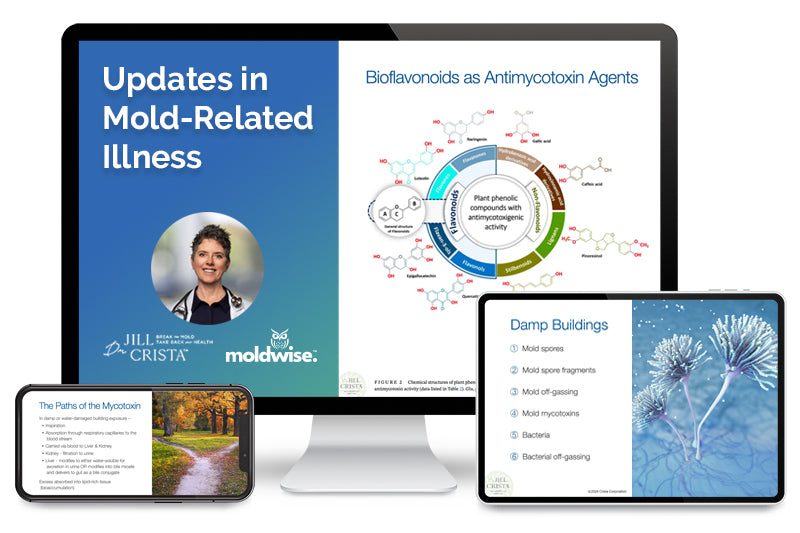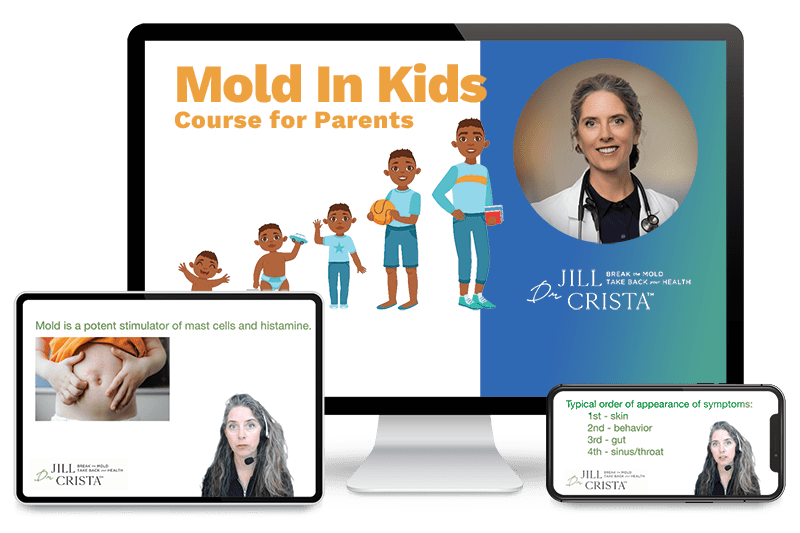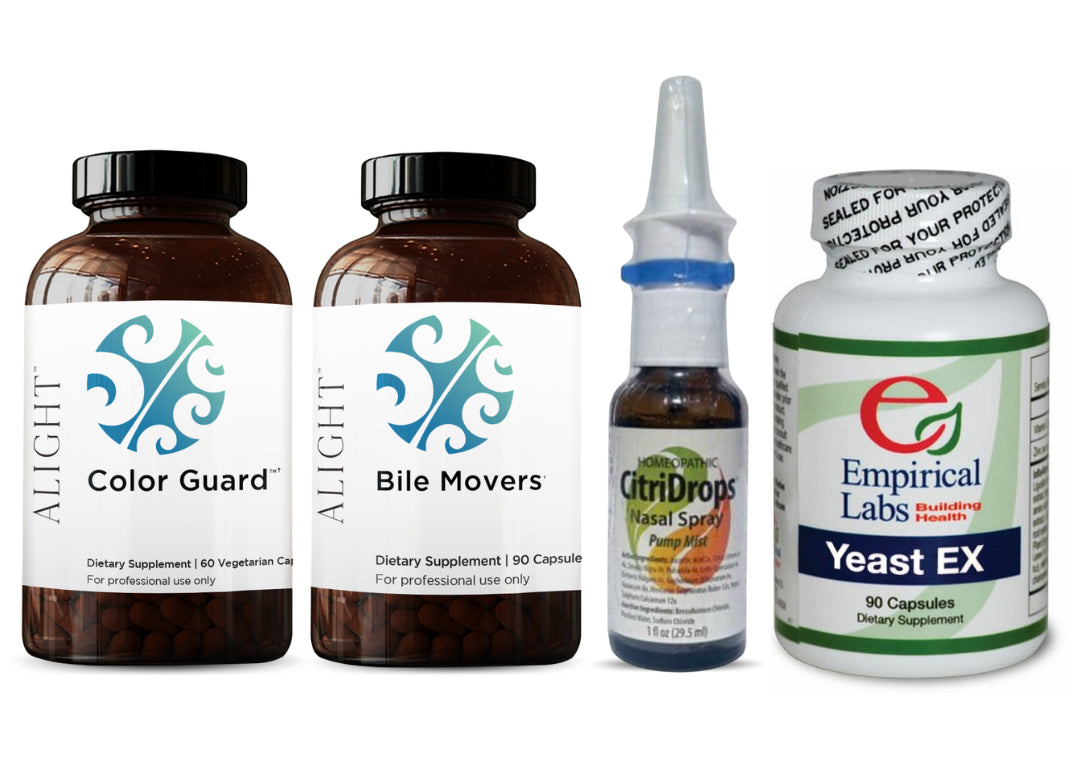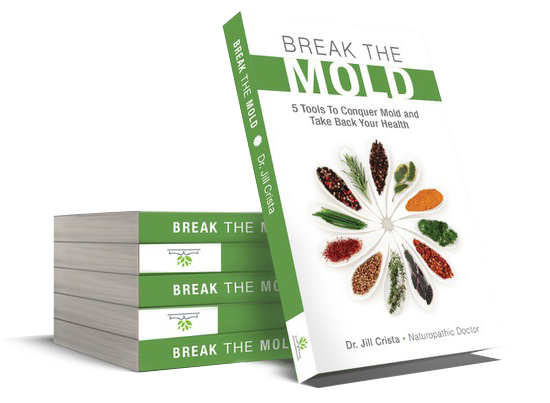If you’ve been wondering whether your doctor should decide if you need an ERMI or a HERTSMI, or guide your building inspection or remediation, here’s my clear answer: they shouldn’t.
Hi, I’m Dr. Jill Crista, naturopathic doctor, mold expert, and author of Break the Mold. Today I’ll share why doctors are here to care for your body – and why buildings are a different story. Let’s walk through why that matters and how the right team can help you heal.
Why Doctors Should Stick to Bodies, Not Buildings
Doctors are for bodies. Buildings require different training, tools, and instincts. Here’s what I see in practice:
- Different Expertise: Most doctors aren’t trained in how buildings work. They’re unfamiliar with moisture intrusion, ventilation systems, stack effect, or mycotoxin movement.
- Every Space Is Unique: Just like every person, every house, school, hospital, or apartment is one of a kind. Cookie-cutter advice doesn’t work.
- One Test, Many Applications: Every environmental test can be helpful, but only if it’s used for the right job. No single test can give all the answers in a water-damaged space.
- Right Tools for You: Break the Mold equips you with tools to conquer mold, including dietary and antifungal strategies that address mold from the inside out.
The Risks of Doctors Guiding Building Mold Issues
This is where I see people get stuck: doctors trying to guide building testing without ever seeing the space. The result? Mistakes that delay healing, or worse, allow more serious conditions to creep up. Here’s what can happen:
- Delayed Healing: False negatives can mislead your healing path and waste years.
- Prolonged Exposure: Misguided advice can leave you in a toxic environment longer than necessary.
- Wasted Time and Money: The wrong remediation advice is expensive. It can cost more to fix poor remediation than to do it right the first time.
The right inspector can save you time, cost, and confusion. They can even help advocate for proper insurance coverage. That’s their lane.
My Antifungal Approach for Your Body
While building pros focus on the structure, my job is to help your body recover. Mold doesn’t just affect the environment. It affects the microbiome, immune system, and nervous system.
In Break the Mold, I teach you how to care for your body using five key tools, including my antifungal approach:
- Low-Mold Diet: Limit fungal foods like mushrooms and yeast that can feed mold inside the body.
- Targeted Antifungals: Herbal antifungals like oregano and thyme help your body fight back. These are part of the “Fight” Tool inside the book.
- Whole Body Framework: I walk you through Avoid, Fundamentals, Protect, Repair, and Fight – a sequence that works.
Your body knows how to heal. It just needs the right support.
Tips to Build Your Mold-Fighting Team
Healing from mold takes teamwork. You need the right experts on board. Here’s how to build your mold-fighting dream team:
- Use My Book as a Guide: Break the Mold helps you focus on what your body needs to recover while others handle the building.
- Hire Certified Inspectors: These professionals know what to look for and how to test properly. They can also spot red flags that doctors might miss.
- Minimize Indoor Mold: Start by managing humidity, increasing ventilation, and removing porous moldy items.
- Take a Crash Course: My 9 Things to Know About Mold Course helps you get started if you’re new to this.
You’re Ready to Break the Mold and Thrive!
Mold doesn’t get the final say. With the right tools and the right team, you can reclaim your health.
Let Break the Mold be your roadmap to recovery. You’ll learn how to care for your body, identify red flags, and finally feel empowered on your healing journey.
Save this guide, share it with someone fighting mold, and sign up for my newsletter to get weekly tips that help you heal.
You’re not alone – and every step you take brings you closer to feeling like yourself again.
Disclaimer This content is health information and not intended as personal medical advice. Viewing will not establish a doctor-patient relationship. It is not intended to diagnose, treat, cure, or prevent any disease or medical condition. The information discussed is not intended to replace the advice of your healthcare provider. Reliance on information provided by Dr. Jill Crista, employees, or others appearing at the invitation of Dr. Crista is solely at your own risk.







